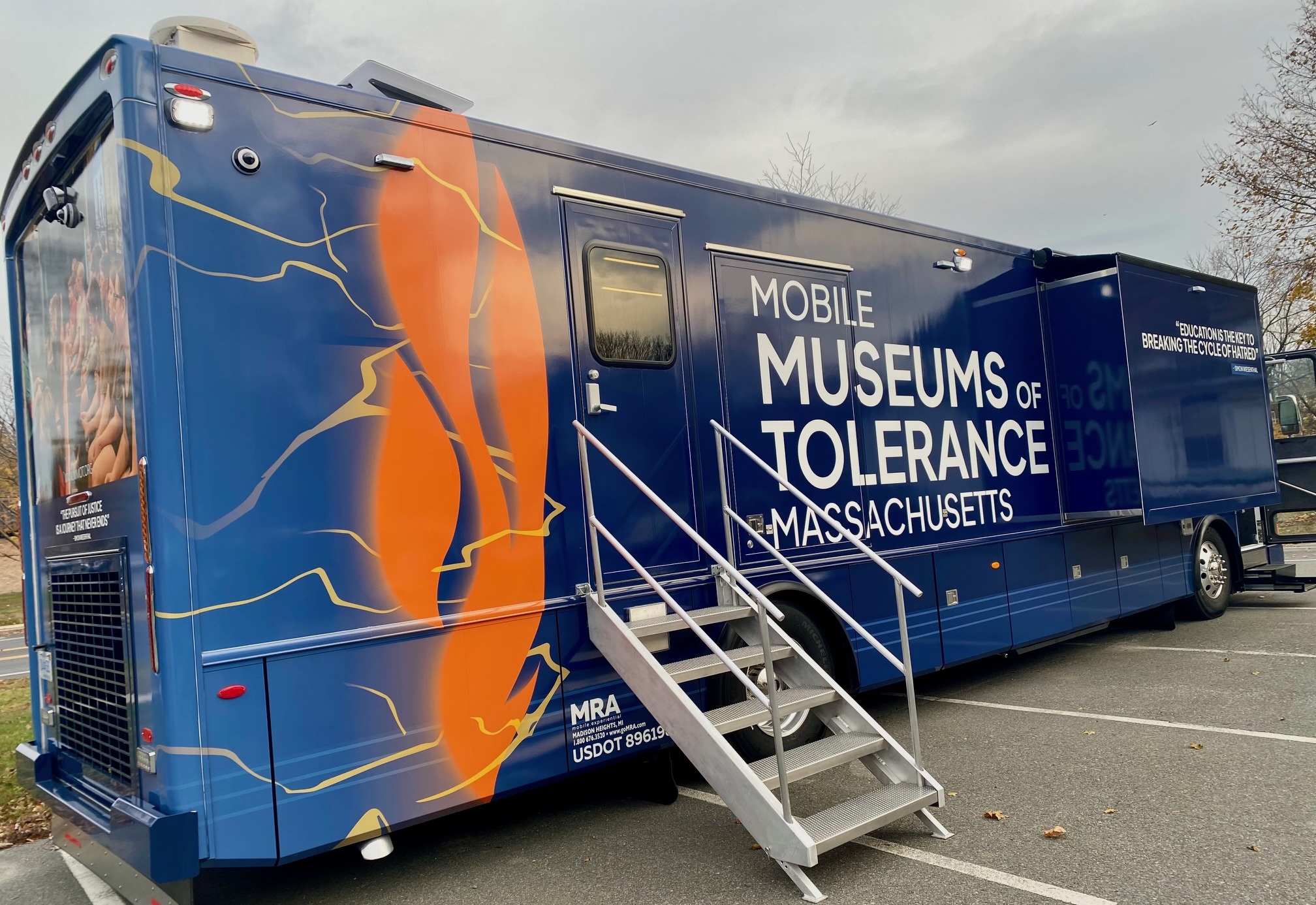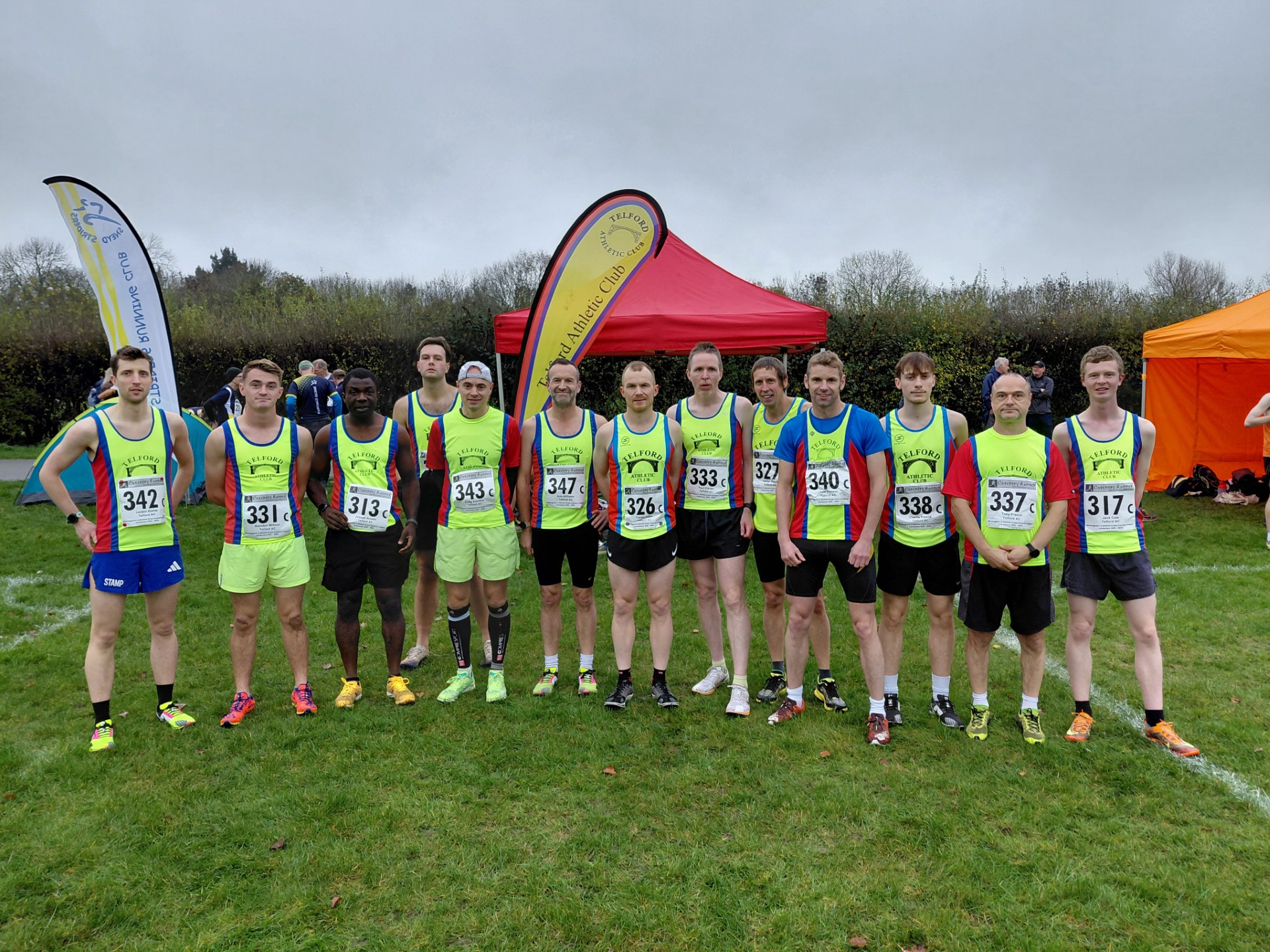UPDATE: The Massachusetts Mobile Museum of Tolerance (MMOT) has officially launched in Pittsfield, offering an urgent and interactive history lesson aimed at combatting hate and educating youth. Partnering with the Jewish Federation of the Berkshires and Berkshire Educational Resources K-12 (BERK12), the museum opened its doors on November 5, providing local students with a unique opportunity to learn about the Holocaust and the importance of tolerance.
The MMOT, part of the Simon Wiesenthal Center, is a mobile classroom designed to reach communities that may lack access to traditional educational resources. This initiative comes at a critical time, as Massachusetts has reported a staggering 189 percent increase in antisemitic incidents in 2023, with acts of harassment rising 444 percent.
Melissa Mott, executive vice president for education programs at the Simon Wiesenthal Center, emphasized the museum’s role as an “interactive laboratory for conversation and dialogue.” The program includes four distinct workshops, including “The Anne Frank Story” and “Combat Hate: A Digital Media Literacy Workshop,” which are tailored for middle and high school students.
Local resident Barbara Mahony expressed the need for such educational initiatives, stating, “Young people aren’t aware of what happened in the Holocaust really.” Mahony, who visited Anne Frank’s house in Amsterdam, believes the museum is vital for dispelling myths and educating the public about historical atrocities.
The MMOT is not just a tool for students; it also serves the broader community, visiting public libraries and events to foster discussions on tolerance and respect. With the rising tide of extremism, the mobile museum aims to provide transformative educational experiences, especially in areas underserved by cultural institutions.
In light of recent hate crimes in Dalton, Great Barrington, and Lenox, Berkshire County District Attorney Timothy Shugrue highlighted the project’s importance. His office has formed a task force with local educators to combat bias and hatred, stating, “We felt we wanted to address the issue as a community, not just as individuals.”
The MMOT is expected to be booked out for a year in advance due to high demand. Each mobile museum costs nearly $1 million to build and operate, but funding from the state budget makes the program free for users.
Educators and community leaders are encouraged to reserve the museum for their schools or events. The urgency of this program cannot be overstated, as it aims to reshape how young people view history and their role in combating hate.
In a world where antisemitic incidents have more than doubled since 2020, the Mobile Museum of Tolerance is a critical step toward fostering understanding and respect among future generations. As Arlene Schiff, president of the Board of Trustees for the Jewish Federation of the Berkshires, asserts, “Educating youth on what a diverse society is and why that idea is important might result in more people feeling comfortable standing up.”
This program is not just an educational opportunity; it is a call to action for communities to unite against hate and build a more tolerant future.







